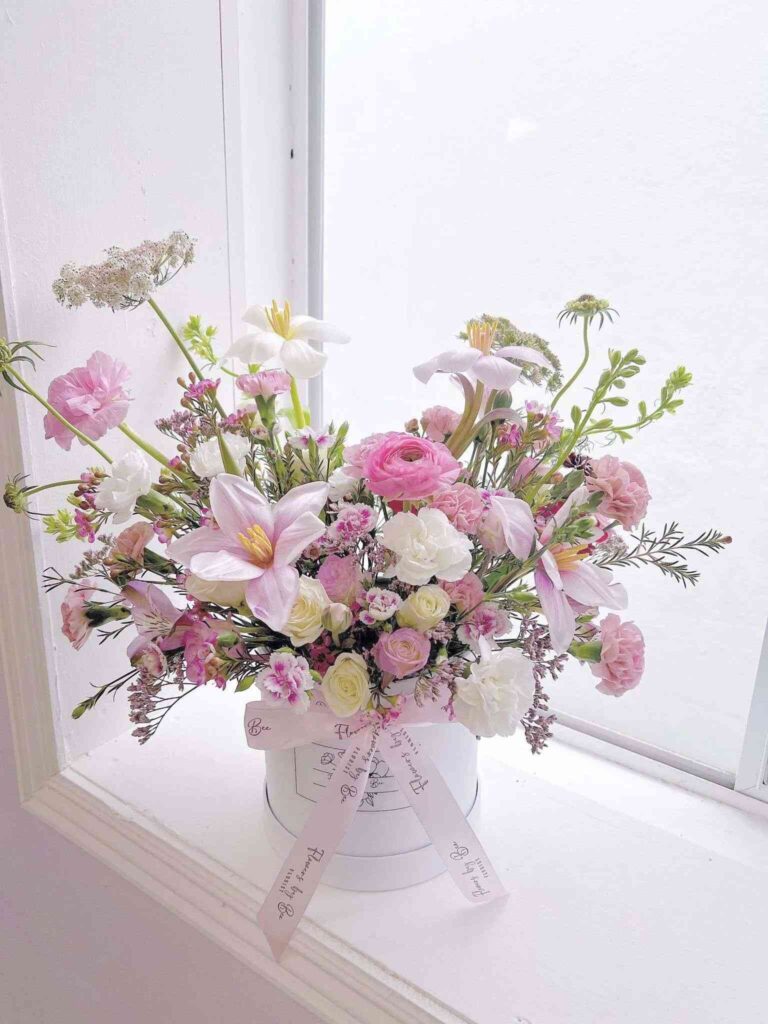When planning your wedding, one of the most significant aspects of the ceremony and reception is the choice of flowers. Flowers are not only a beautiful way to decorate your venue, but they also carry symbolic meaning and are deeply tied to cultural traditions and customs. In many cultures, flowers are seen as representations of love, fertility, beauty, and new beginnings, and they often play a prominent role in wedding ceremonies.
Choosing flowers that reflect your cultural heritage can make your wedding feel even more personal and meaningful. This guide will help you navigate how to make your wedding flower choices reflect your cultural heritage, offering ideas from various traditions and tips for blending personal significance with modern trends. For couples in Brentwood, opting for luxury wedding flowers in brentwood can add an elegant touch while honoring your cultural roots.
Cultural Flower Meanings
When choosing wedding flowers, it’s essential to understand the cultural meanings behind specific blooms. Many cultures attribute symbolic significance to flowers, representing love, purity, prosperity, and new beginnings. For instance, in Hindu culture, marigolds are often used to signify happiness and prosperity, while jasmine is seen as a symbol of purity. Similarly, in Chinese culture, peonies are a symbol of romance and good fortune, while the lotus represents purity and spiritual growth. By understanding the symbolism of flowers within your heritage, you can make your wedding flowers more meaningful.
Traditional Arrangements
Every culture has unique ways of incorporating flowers into wedding celebrations. For example, in Indian weddings, marigold garlands are commonly used to adorn the bride and groom, symbolizing the start of a prosperous and joyful life together. In Jewish weddings, flowers such as roses and myrtle are often used to decorate the chuppah, representing love and eternal life. By including traditional floral arrangements from your heritage, you can honor the customs passed down through generations, making your wedding feel more personal and authentic.
Cultural Colors & Flowers
Cultural significance is not just tied to the flowers themselves but also to their colors. For example, red is considered an extremely lucky color in Chinese weddings, symbolizing happiness and good fortune. Similarly, gold is a symbol of prosperity in Indian culture, and incorporating gold-toned flowers or blooms like orchids can enhance your celebration. Understanding the cultural associations of flower colors helps you choose blooms that resonate with your heritage while contributing to the overall aesthetic of your wedding.
Family Flower Traditions
Incorporating flowers that have special meaning to your family can make your wedding even more personal. Many families have flowers that are used in weddings across generations, whether as part of the bouquet, centerpieces, or decorative elements. For example, if a particular flower has been passed down in your family’s wedding history, including it in your own wedding will not only honor your roots but also create a meaningful connection between the past and the present.
Blending Tradition & Trends
While honoring cultural traditions is important, you can also bring a modern touch to your floral arrangements. Many couples today are blending traditional flowers with contemporary trends. For instance, while jasmine and marigolds may be culturally significant in an Indian wedding, you might also want to include modern flowers like calla lilies or peonies to add elegance. By mixing the old with the new, you can create a wedding that honors your heritage while still feeling fresh and stylish.
Flower Symbolism in Rituals
In many cultures, flowers are a central part of wedding rituals. For example, during a Hindu wedding, the bride and groom exchange flower garlands, symbolizing their mutual respect and love for each other. In a Catholic wedding, flowers are often used to honor the Virgin Mary or are placed around the altar as blessings. By incorporating flowers into your wedding rituals, you add another layer of meaning and cultural significance to your celebration, making the day even more special.
Choosing a Cultural Florist
To truly reflect your cultural heritage in your wedding flowers, it’s important to work with a florist who understands the significance of the flowers you wish to include. A culturally knowledgeable florist can guide you in selecting blooms that not only match your wedding theme but also carry the right symbolism and fit within the traditions of your culture. Ensure you communicate your cultural preferences to your florist, as they can help you navigate the delicate balance of honoring tradition while incorporating your personal style.
Flowers in Favors & Gifts
Extending the cultural significance of flowers beyond your ceremony and reception can be done by incorporating them into wedding favors and gifts. For example, you could give guests small bouquets of flowers or even flower-inspired tokens to show appreciation. In many cultures, gifting flowers to guests is seen as a gesture of gratitude and a way to share the beauty and blessings of the day. Including culturally significant flowers in your wedding favors is a lovely way to carry the floral theme throughout the celebration.
Conclusion:
Choosing flowers that reflect your cultural heritage is an impactful way to honor your roots while making your wedding day unique and personal. By understanding the meanings behind different flowers, incorporating traditional floral arrangements, and working with a florist who respects your cultural choices, you can create a wedding that is not only beautiful but also rich in symbolism and significance. Whether you blend traditional blooms with modern trends or use family flowers to continue cherished customs, your wedding flowers can serve as a beautiful representation of your love and heritage.
Flowers by Bee is the favorite flowers shop in Brentwood, CA, offering an exquisite selection of seasonal blooms perfect for gifts, décor, or any upcoming celebration. By sourcing flowers from around the globe, we ensure that every arrangement features fresh, in-season blooms all year round. While you can enjoy seasonal favorites like peonies and lilacs at their peak, we also carry timeless classics like roses throughout the year. Explore our website to discover the beautiful varieties available each season.

